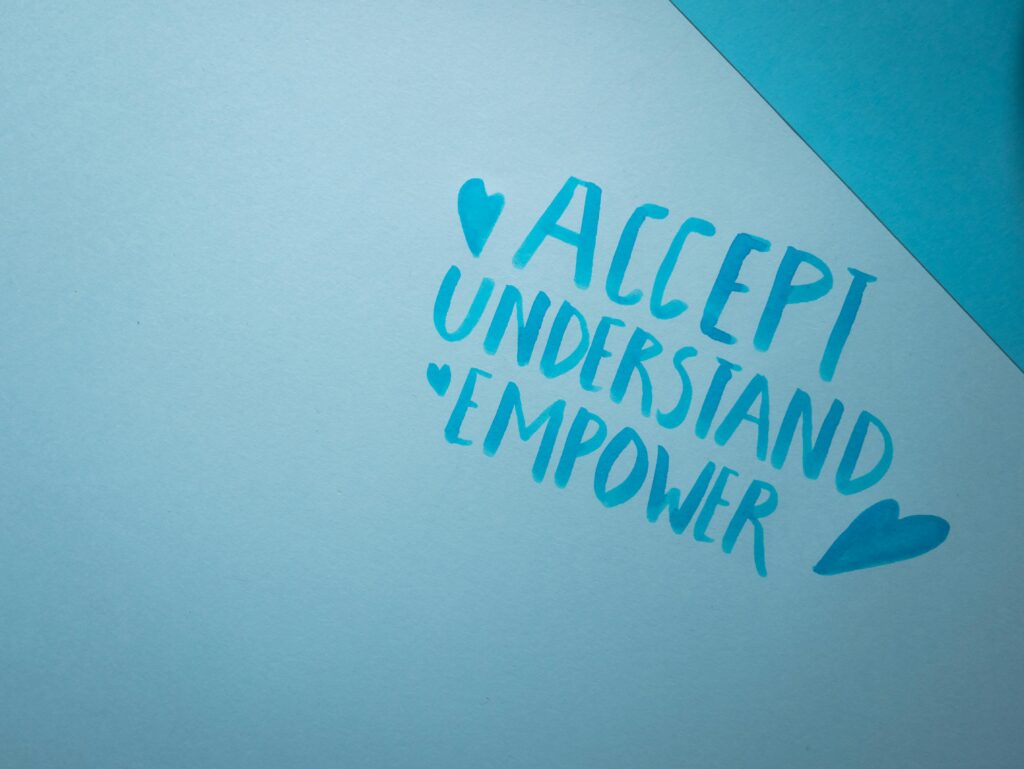BLOG 3
Understanding Emotional Intelligence: A Psychological Perspective
written by pulkit singhal Nov 4,2024
https://www.pexels.com/search/UNDEThe Power of Emotional Intelligence
Emotional intelligence (EI) is more than a buzzword—it’s the foundation of personal and professional success. Learn how understanding emotions can transform relationships and decision-making.
What is Emotional Intelligence?
Emotional intelligence refers to the ability to understand, manage, and express emotions effectively, both in oneself and in others. It encompasses skills like emotional awareness, empathy, and self-regulation, which are crucial for building meaningful connections and making sound decisions. Unlike IQ, which measures cognitive abilities, EI focuses on emotional and social capabilities, making it an essential trait for thriving in today’s interconnected world.
The Role of Emotional Intelligence in Everyday Life
Whether it’s resolving conflicts, working in a team, or navigating personal relationships, emotional intelligence plays a pivotal role in daily life. People with high EI are better equipped to handle stress, communicate effectively, and adapt to challenging situations. By recognizing their own emotions and empathizing with others, they can create an environment of trust and collaboration, which is key to both personal and professional growth.
The Psychological Foundations of EI
From a psychological perspective, emotional intelligence is rooted in self-awareness and social intelligence. Theories like Daniel Goleman’s EI framework highlight five key components: self-awareness, self-regulation, motivation, empathy, and social skills. Developing these skills involves understanding the interplay between emotions and behavior, which can significantly improve mental well-being and interpersonal dynamics.

Why Emotional Intelligence Matters in the Workplace
In professional settings, EI is often a determining factor in leadership and team dynamics. Managers with high EI inspire their teams, resolve conflicts efficiently, and create a positive workplace culture. Similarly, employees with strong emotional intelligence are more adaptable, productive, and capable of building strong professional relationships. As businesses increasingly value soft skills, EI has become a critical asset for career success.
How to Develop Emotional Intelligence
Improving emotional intelligence is a lifelong journey that starts with self-reflection. Practices like mindfulness, active listening, and empathy exercises can help individuals better understand their emotions and those of others. Seeking feedback, observing social interactions, and learning to manage stress are also valuable steps. By investing in emotional intelligence, individuals can lead more fulfilling lives and make a greater impact on those around them.

